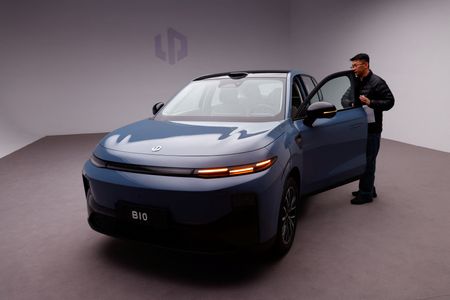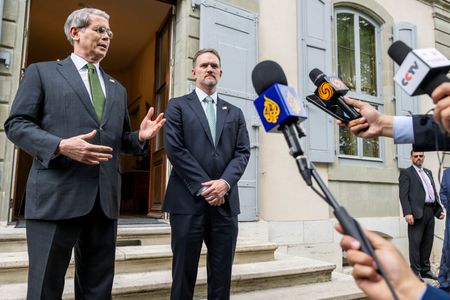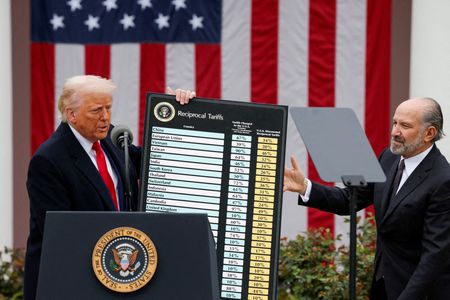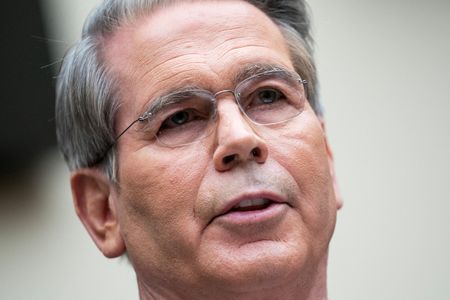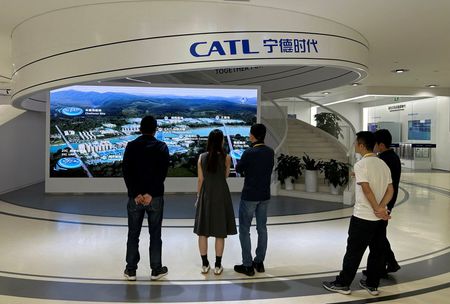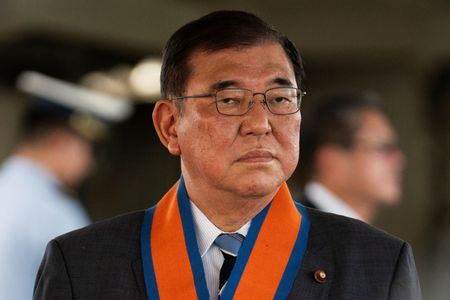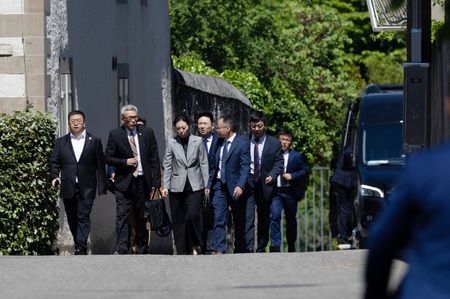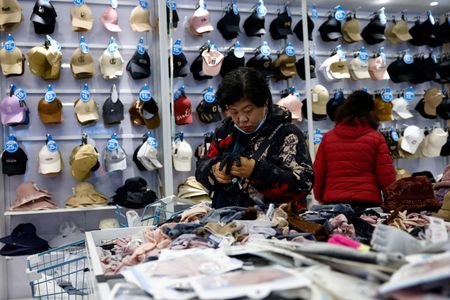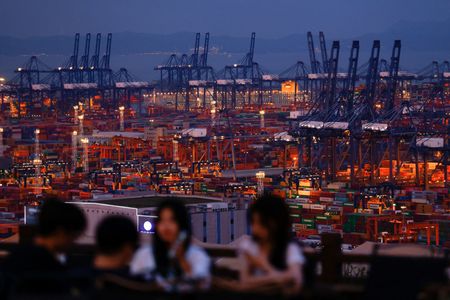SHENZHEN, China (Reuters) -China’s car sales in April rose for a third month, up 14.8% from a year earlier, as government-subsidised auto trade-ins mitigated the impact of U.S. tariffs on consumer sentiment.
Passenger vehicle sales totalled 1.78 million units last month and for the first four months of 2025 were up 8.2% from the same period a year earlier at 6.97 million units, data from the China Passenger Car Association (CPCA) showed on Sunday.
Sales of electric vehicles and plug-in hybrids, known collectively as new energy vehicles, increased 33.9% year-on-year to make up 50.8% of total car sales last month.
A government scheme that hands out larger subsides to trade-ins of old cars for NEVs than for gasoline vehicles had covered 2.71 million cars as of April 24, official data showed, cushioning the impact on Chinese consumer confidence as the increase in U.S. tariffs on Chinese exports disrupt trade between the world’s two largest economies.
Car exports slid 2.2% in April from a year earlier, extending an 8% decline in March, CPCA data showed.
For domestic buyers, however, automated-driving systems are fading as a catalyst for sales, according to the association.
The focus of a years-long price war in the world’s largest auto market shifted toward next-generation automated-driving features after BYD announced in February to offer its “God’s Eye” driver-assistance system as free standard equipment across its lineup.
But the fervour to tout driver-assistance systems is cooling following a government crackdown on marketing terms using “smart” or “autonomous” to describe their technology after a fatal crash involving a Xiaomi SU7 sedan in March.
The EV caught fire after hitting a cement pole, seconds after the driver tried to assume control from the car’s assisted-driving system.
(Reporting by David Kirton, Jenny Wang, Qiaoyi Li, Zhang Yan and Brenda Goh; Editing by Edmund Klamann and Christian Schmollinger)

